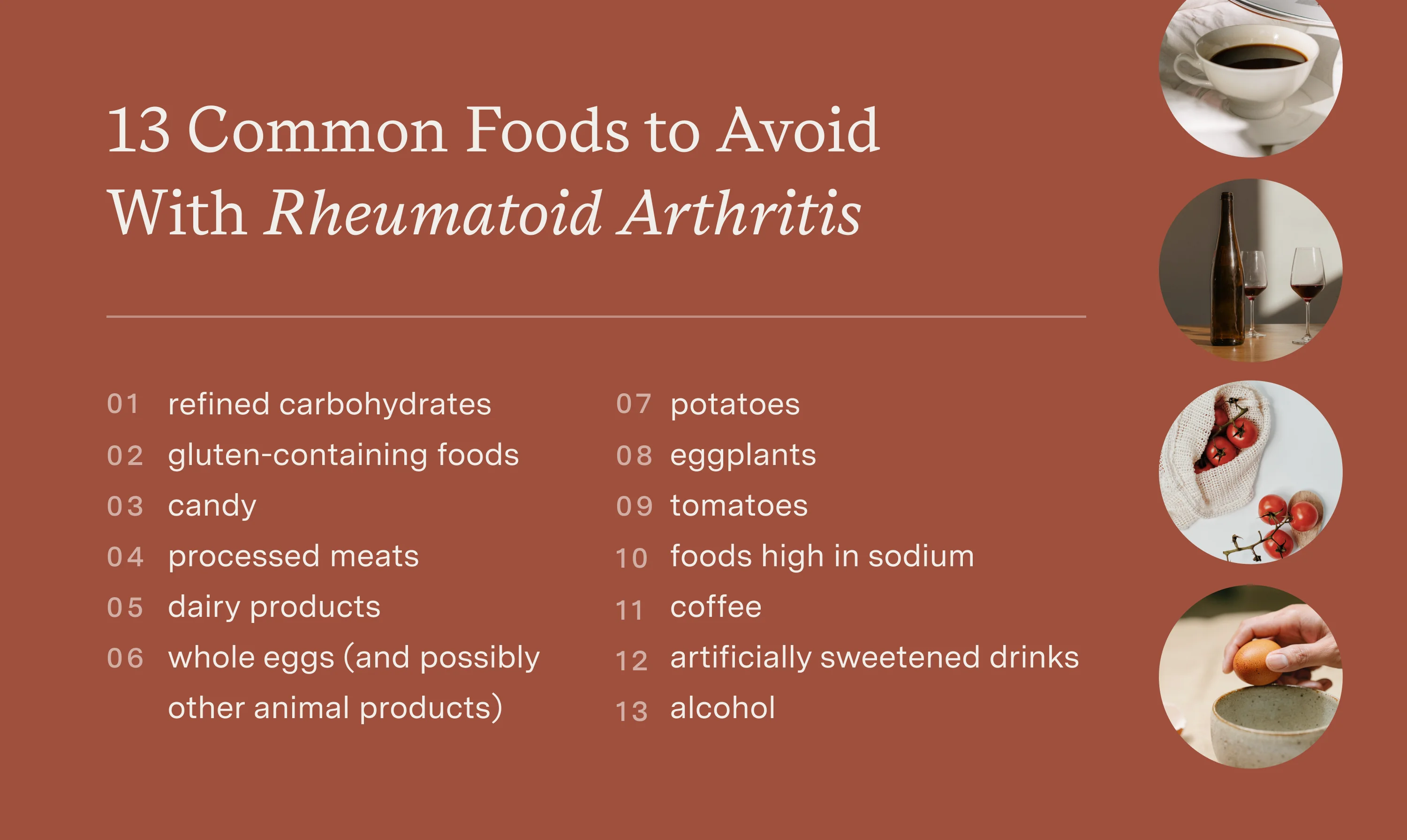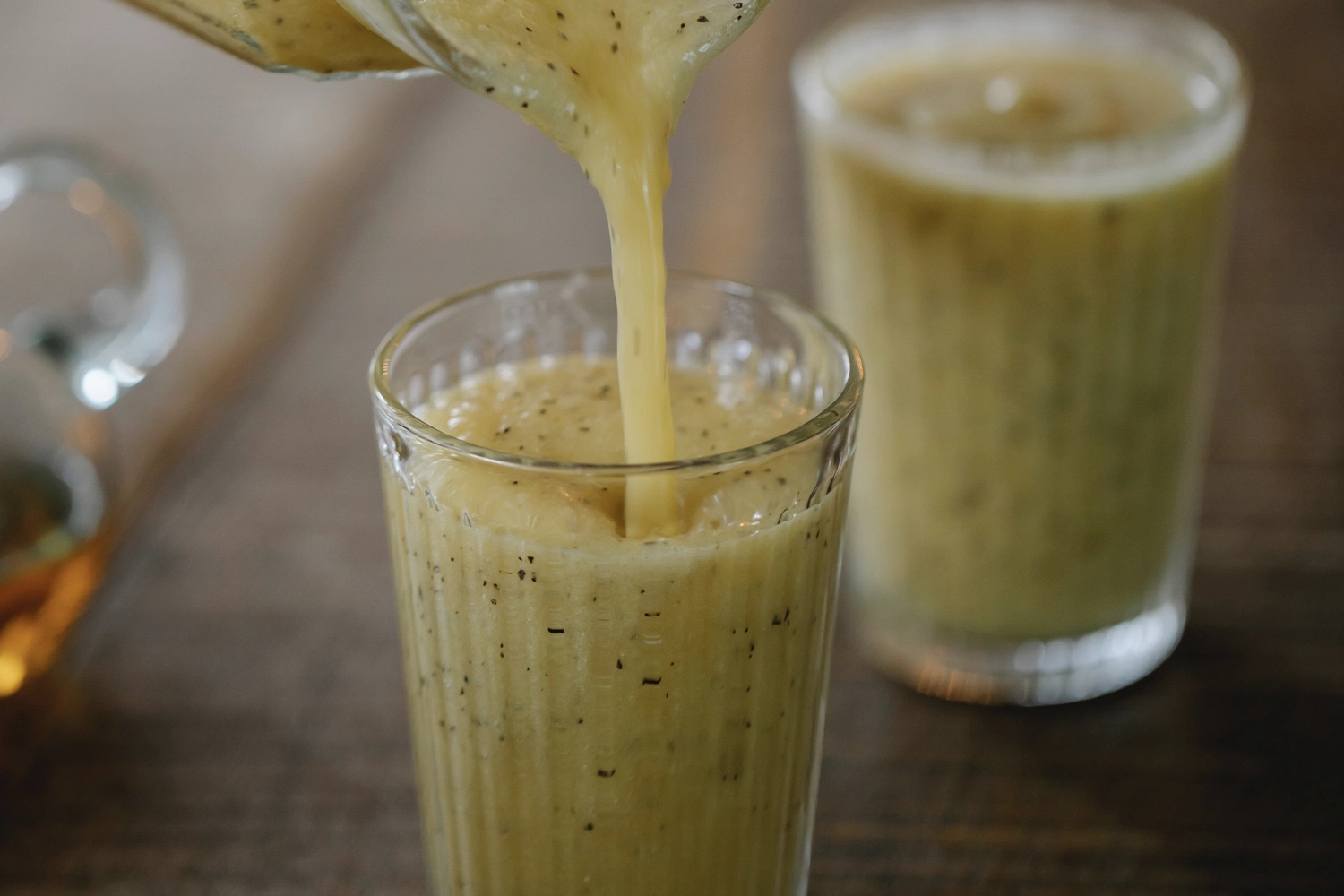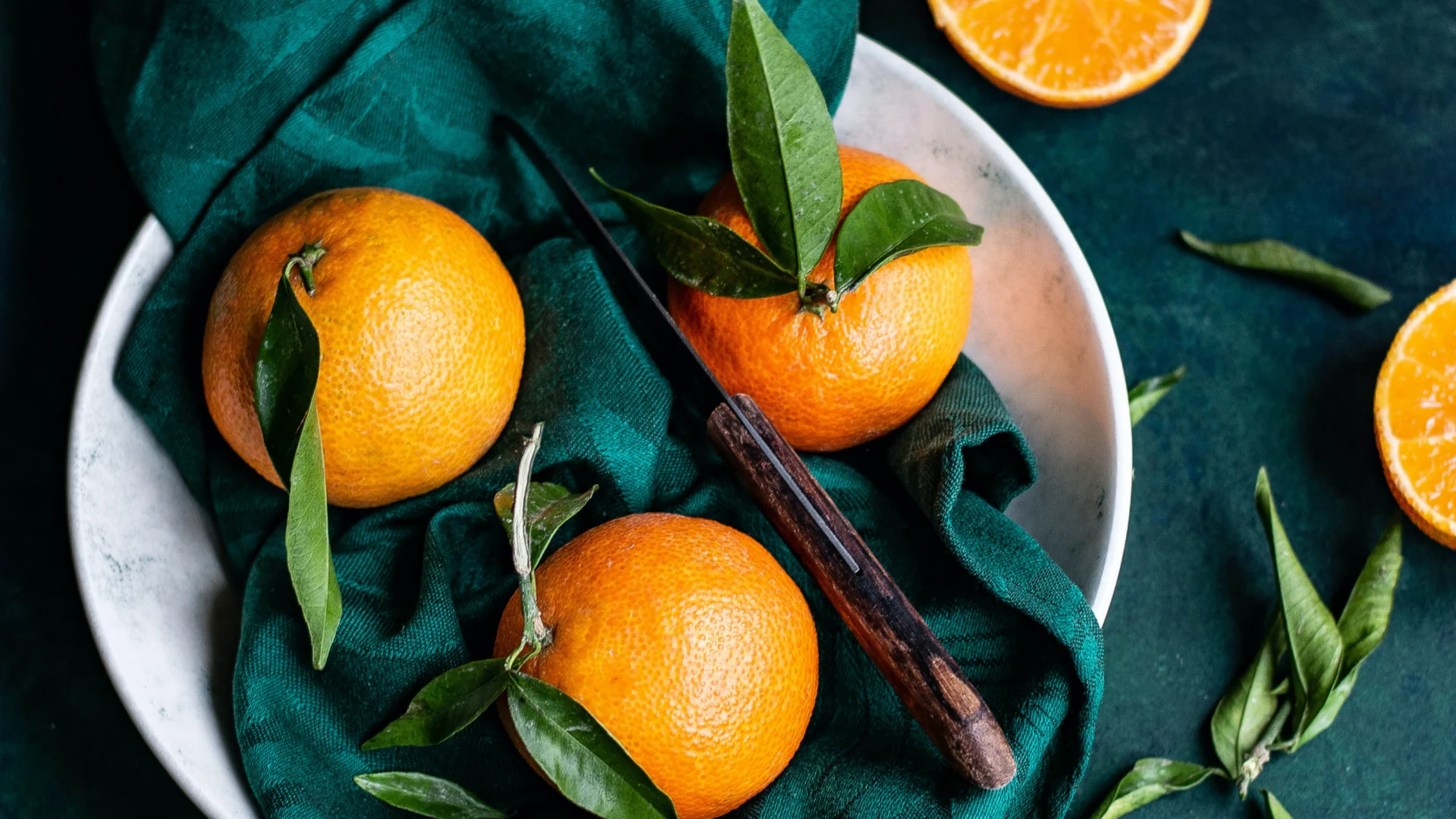Rheumatoid arthritis (RA) is an inflammatory autoimmune disease that affects your joints. If you’ve been diagnosed with rheumatoid arthritis, you’re probably no stranger to the stiffness and swelling in your hands, wrists, and feet, since this condition most commonly affects these small joints. But bigger joints and other organs can be susceptible to pain, too — your experience of RA will be different from the next person with the same condition. (Source)
At this time, there’s no cure for RA. However, there are both pharmaceutical and holistic rheumatoid arthritis treatments that can help bring ease back to your body. One wholesome way to manage RA pain is through an anti-inflammatory diet. Committing to a way of eating that’s packed full of antioxidants, nutrient-dense foods, and vitamins can create an ideal environment for reducing inflammation in your body.
In this article we’ll be talking about some of the most valuable foods that help heal inflammation and other RA symptoms. But first, we’ll go over 13 common foods to avoid with rheumatoid arthritis — some may seem obvious to you, and others may take you by surprise.

Foods to Avoid With Rheumatoid Arthritis
Finding the ideal eating pattern that reduces your RA symptoms is a crucial part of your healing journey. There are countless foods with anti-inflammatory properties, many of which make up the best diet for autoimmune disease.
1. Refined Carbohydrates
Refined carbohydrates are a short-term calorie gain with a lack of real nutritional benefit. Think of white rice and pasta, bread, and desserts that are made with all-purpose flour. These foods are pretty much just starch, whereas whole grains contain starch along with vitamins, minerals, and fiber. Eating lots of refined carbs can increase inflammation and insulin resistance, so it’s best to limit your consumption of highly processed carbs that have had the nutrients stripped away. (Source, Source, Source)
2. Gluten-Containing Foods
Staying on the topic of carbohydrates: Gluten, a mix of proteins found in wheat, barley, and rye, may trigger an immune response if you have RA, especially if you’re already sensitive to gluten. For those with celiac disease, the presence of gluten in the gut stimulates an autoimmune response that can cause inflammation and damage, not just in the intestines but in other parts of the body. As with other inflammatory immune-mediated conditions, having celiac disease can increase your risk of developing other autoimmune conditions such as RA, and may worsen your symptoms if you have it. (Source, Source)
It can be tricky to know if you have a gluten sensitivity or if another food is bothering your system, so eliminating gluten from your diet, even for a short span of time (as advised in the autoimmune protocol (AIP) diet) can help you determine if gluten is elevating your symptoms. Always talk with your care team before making dietary changes.
If going gluten free is right for you on your path to healing, we have some tips for how to go gluten free in a money- and time-conscious way.
3. Candy
Many candy labels boast they are “low fat” but leave out the declaration of “high sugar content.” Sugar is another simple carbohydrate and is a culprit of blood sugar spikes. So when you’ve grabbed a handful of your favorite sugary, gummy sweets, you’re leaving your body to deal with the inflammatory consequences.
When your diet is loaded with added sugars from candy or other desserts and indulgences, proteins that regulate inflammation, called cytokines, are released. Pro-inflammatory cytokines are activated from sugar intake, and trigger an immune response that adds to the chronic levels of inflammation found in RA. Eating candy and other foods that encourage inflammation can worsen your symptoms. (Source)
Taking care of your RA symptoms doesn’t mean never eating a mouthful of candy again — it’s more about prioritizing where your sugar intake is coming from and making wholesome, nutrient-dense choices (like fruits and berries) where you can.

4. Processed Meats
Processed meats, much like refined grains and processed sugars, have pro-inflammatory effects. A 2022 study published in Nutrition Journal showed that when intake of processed meats (described as “products that are usually made from red meat and cured, salted, or smoked to improve the taste, color, and shelf life”) was higher, the odds of having RA were also higher. Participants who consumed more fish and seafood were not as likely to have RA. This is not to say you shouldn’t eat meat if it’s your dietary preference — the study specifically refers to “processed meats,” not grass fed meat which can provide your body with healthy, healing fats. (Source)

.svg)
.png)













.webp)



.png)

%2520(1).webp)









%2520(1).jpeg)

.webp)
.webp)

.webp)

%2520(2).webp)

%2525201%2520(1).webp)

%25202%2520(1).webp)




.svg)
.svg)